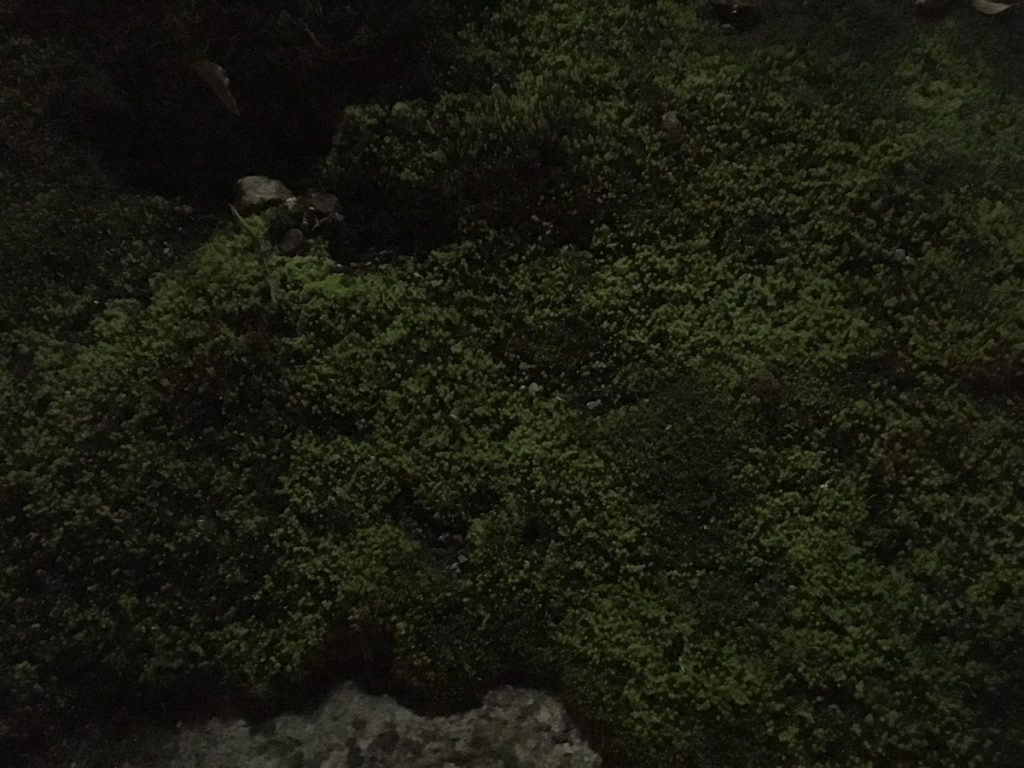J’ai embrassé l’aube d’été.
Rien ne bougeait encore au front des palais. L’eau était morte. Les camps d’ombres ne quittaient pas la route
du bois. J’ai marché, réveillant les haleines vives et tièdes, et les pierreries regardèrent, et les ailes
se levèrent sans bruit.
La première entreprise fut, dans le sentier déjà empli de frais et blêmes éclats, une fleur qui me dit son nom.
Je ris au wasserfall blond qui s’échevela à travers les sapins : à la cime argentée je reconnus la déesse.
Alors je levai un à un les voiles. Dans l’allée, en agitant les bras. Par la plaine, où je l’ai dénoncée au coq.
A la grand’ville elle fuyait parmi les clochers et les dômes, et courant comme un mendiant sur les quais de marbre,
je la chassais.
En haut de la route, près d’un bois de lauriers, je l’ai entourée avec ses voiles amassés, et j’ai senti un peu
son immense corps. L’aube et l’enfant tombèrent au bas du bois.
Au réveil il était midi.
I embraced the summer dawn.
Nothing yet stirred on the face of the palaces. The water is dead. The shadows still camped in the woodland road. I walked, waking quick warm breaths, and gems looked on, and wings rose without a sound.
The first venture was, in a path already filled with fresh, pale gleams, a flower who told me her name.
I laughed at the blond wasserfall that tousled through the pines: on the silver summit I recognized the goddess.
Then, one by one, I lifted up her veils. In the lane, waving my arms. Across the plain, where I notified the cock. In the city, she fled among the steeples and the domes, and running like a beggar on the marble quays, I chased her.
Above the road near a laurel wood, I wrapped her up in gathered veils, and I felt a little her immense body. Dawn and the child fell down at the edge of the wood.
Waking, it was noon.
Arthur Rimbaud (France, 1854-1891), Illuminations (first in La Vogue, Paris literary review, in May–June 1886)
